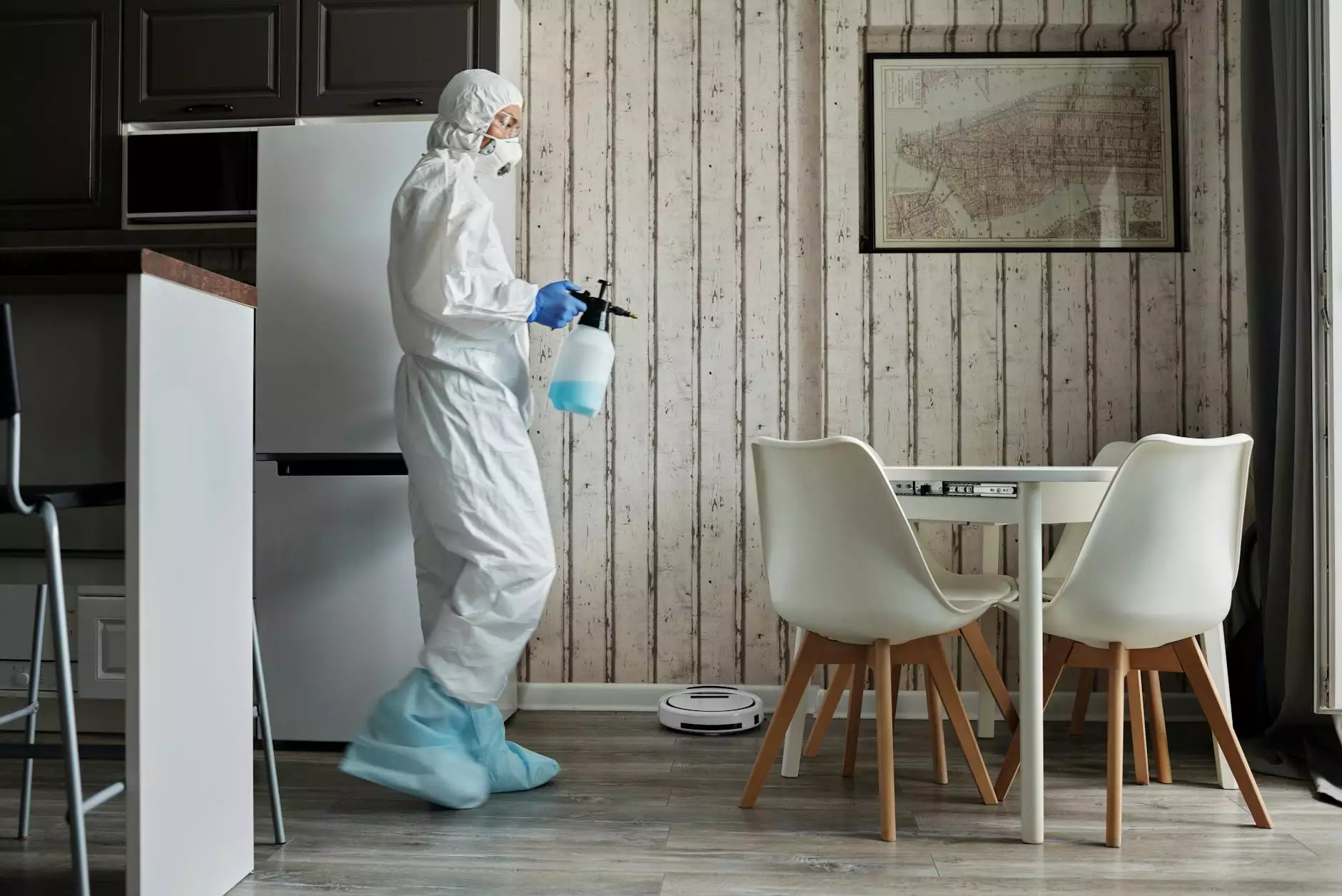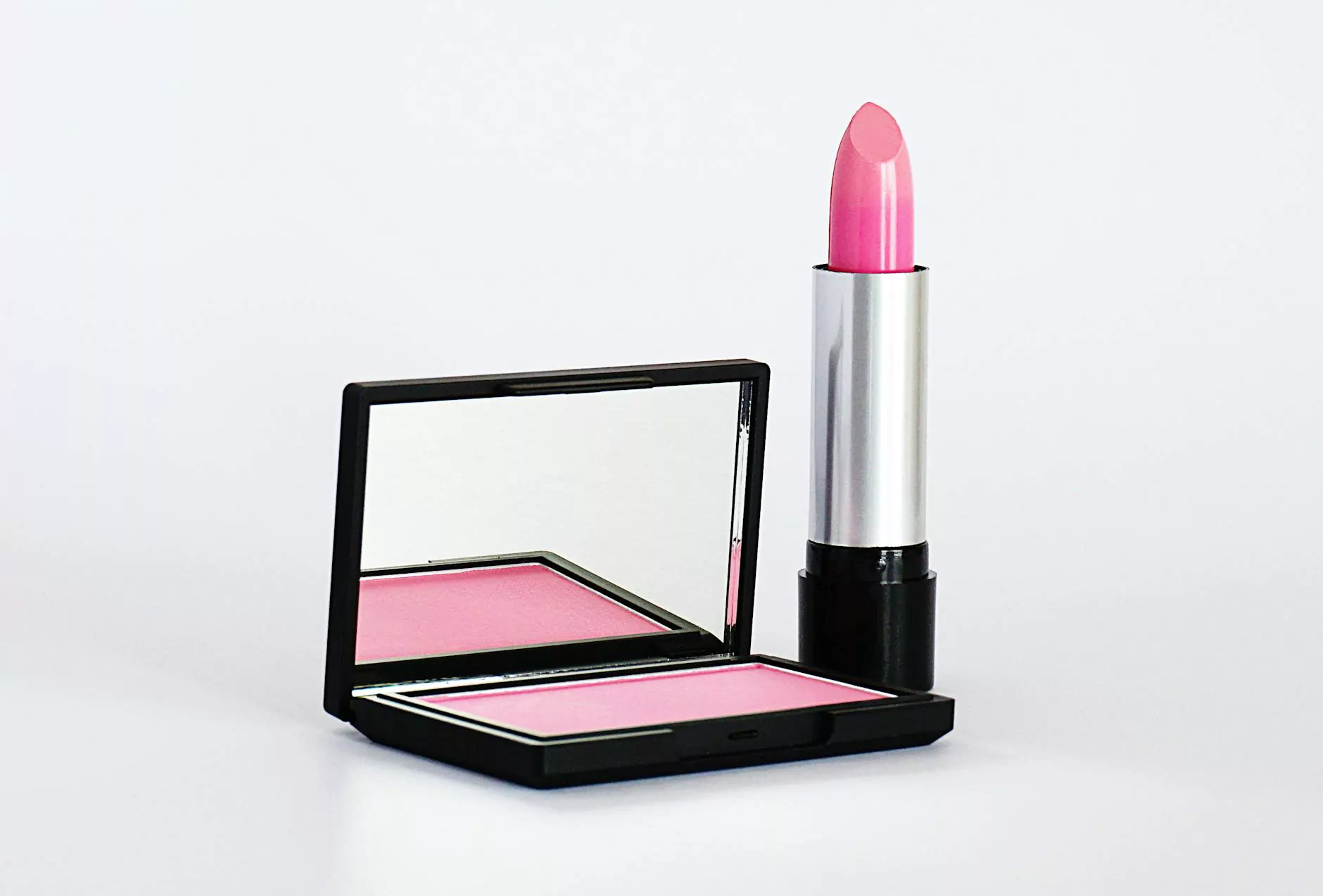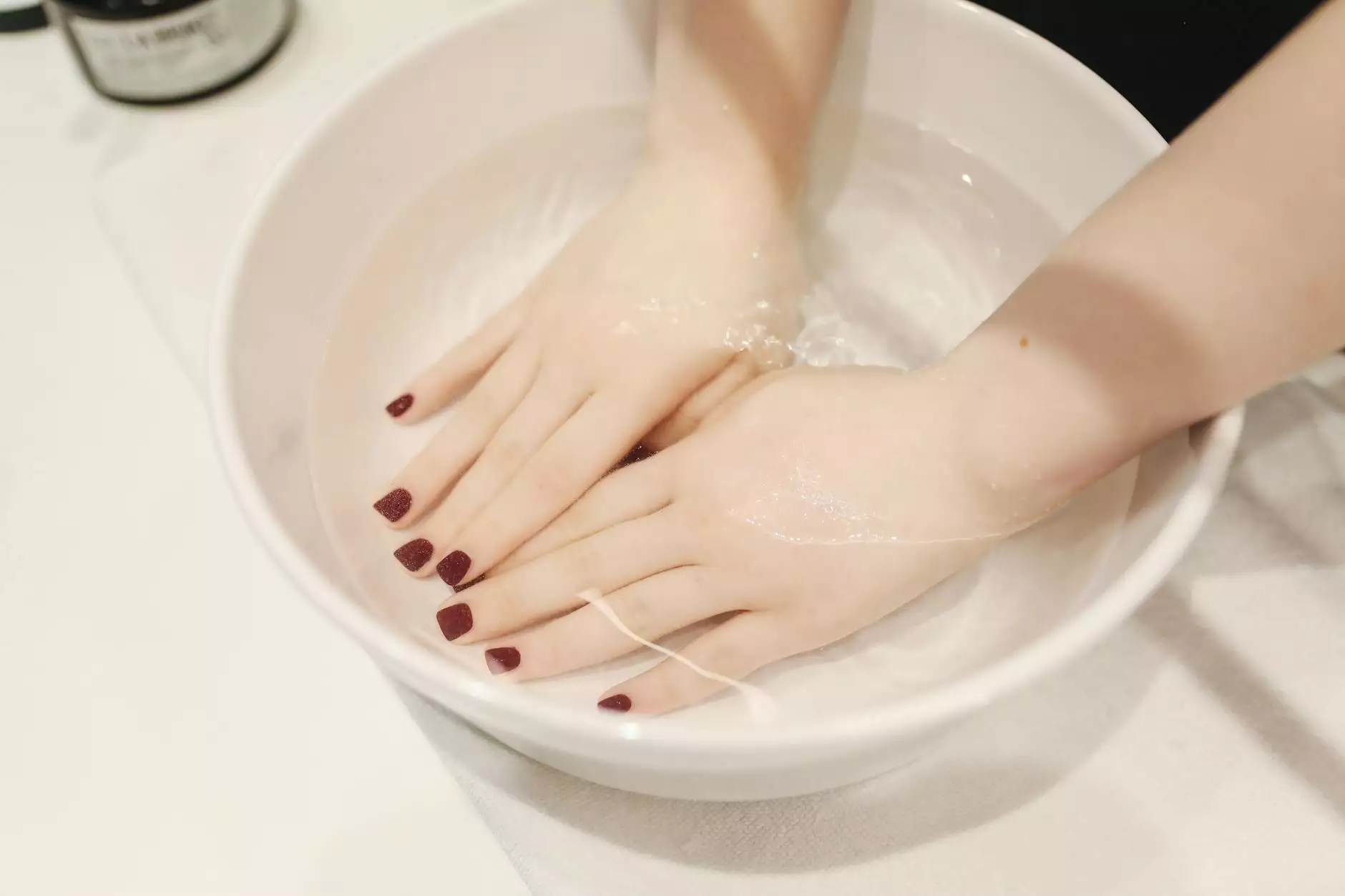The Essential Role of Medical Disinfectants in Health & Medical Practices

In today's healthcare environment, medical disinfectants play a vital role in maintaining hygiene and preventing infections. The significance of using effective disinfectants cannot be overstated, especially in the wake of global health challenges. As we explore the world of disinfectants in medical settings, we will cover various aspects including their types, applications, effectiveness, and best practices for their use. This article aims at providing comprehensive information for healthcare professionals, facility managers, and anyone interested in health and medical supplies.
Understanding Medical Disinfectants
Medical disinfectants are substances that are used to kill or deactivate harmful microorganisms on surfaces, instruments, and even skin. They are essential in maintaining a sanitary environment in hospitals, clinics, and other healthcare facilities. The primary goal is to minimize the risk of infections and outbreaks.
Types of Medical Disinfectants
There are various types of medical disinfectants available in the market, each designed for specific applications:
- Alcohol-based Disinfectants: Typically containing isopropyl or ethyl alcohol, these are popular for their rapid action and effectiveness against a wide range of pathogens.
- Chlorine Compounds: Commonly used in hospitals, chlorine bleach is effective against bacteria and viruses but requires careful handling.
- Quaternary Ammonium Compounds (Quats): These provide residual antimicrobial activity and are often used for cleaning hard surfaces.
- Hydrogen Peroxide: Known for its oxidative properties, hydrogen peroxide is effective against bacteria, viruses, and fungi.
- Phenolic Compounds: These disinfectants are effective against various pathogens and are often used in hospital settings.
Importance of Medical Disinfectants
Medical disinfectants serve several crucial purposes in health settings, including:
Preventing Healthcare Associated Infections (HAIs)
HAIs are infections that patients acquire while receiving treatment for other conditions within a healthcare setting. The use of medical disinfectants is essential in preventing the transmission of pathogenic microorganisms, significantly lowering the risk of HAIs.
Ensuring Safe Medical Procedures
Before any medical procedure, the disinfection of tools and surfaces is paramount. Inadequate disinfection can lead to severe consequences for patients, including complications from infections. This emphasizes the ongoing need for strict adherence to disinfection protocols.
Protecting Healthcare Workers
Healthcare workers are at risk of exposure to infectious agents. Utilizing medical disinfectants not only safeguards patients but also protects the staff’s health, ensuring a safe working environment.
Best Practices for Using Medical Disinfectants
Utilizing medical disinfectants effectively requires adherence to certain best practices:
- Read Labels and Follow Instructions: Always read the manufacturer's guidelines for the proper use of disinfectants, including concentration and contact time.
- Regular Training for Staff: Conduct regular training sessions for staff on the proper use of disinfectants and the importance of adhering to protocols.
- Use Appropriate Disinfectants: Ensure that the chosen disinfectants are suitable for the surface or equipment being disinfected.
- Implement Routine Cleaning Protocols: Establish routine cleaning protocols that incorporate the use of medical disinfectants to minimize contamination.
- Maintenance of Equipment: Regularly maintain medical equipment and surfaces to ensure they remain disinfected adequately.
Evaluating the Effectiveness of Medical Disinfectants
Not all disinfectants are created equal, and their effectiveness can vary based on several factors:
- Concentration and formulation: The effectiveness is heavily influenced by the concentration of the active ingredients and the formulation of the disinfectant.
- Contact Time: The surface must remain wet with the disinfectant for the recommended contact time to effectively kill pathogens.
- Type of Microorganism: Certain disinfectants are more effective against specific types of microorganisms. Therefore, selecting the appropriate disinfectant is crucial.
Challenges in Disinfection Practices
Despite the availability of numerous medical disinfectants, challenges persist in their effective use:
Resistance to Disinfectants
Some microorganisms can develop resistance to disinfectants, making them harder to eliminate. This underscores the need for continuous research and development of new disinfectants.
Misuse and Misunderstanding
In many cases, misuse or misunderstanding of how to use disinfectants can lead to insufficient sanitization. It's crucial for healthcare facilities to provide comprehensive training and resources.
Future of Medical Disinfectants
The landscape of healthcare is ever-evolving, and so are the strategies for infection control. The future of medical disinfectants looks promising with advancements in technology:
Innovative Formulations
New formulations are being developed that are not only more effective but also environmentally friendly. The push towards sustainability ensures that future disinfectants will be both effective and safe for the environment.
Integrated Technologies
Technological advancements such as the integration of UV light and electrostatic spraying methods are enhancing the efficacy of disinfectants in clinical settings.
Conclusion
In conclusion, the critical role of medical disinfectants in the healthcare sector cannot be overstated. As infections rise, the need for effective disinfection becomes increasingly paramount.
It is essential for healthcare facilities to adopt best practices, invest in training, and stay updated with the latest advancements in disinfectants to create a safe environment for both patients and healthcare workers. By prioritizing hygiene and effective disinfection practices, we can combat infection and promote a healthier future.
For further information on medical disinfectants, including products suited for your specific needs, visit medalkan.com.









